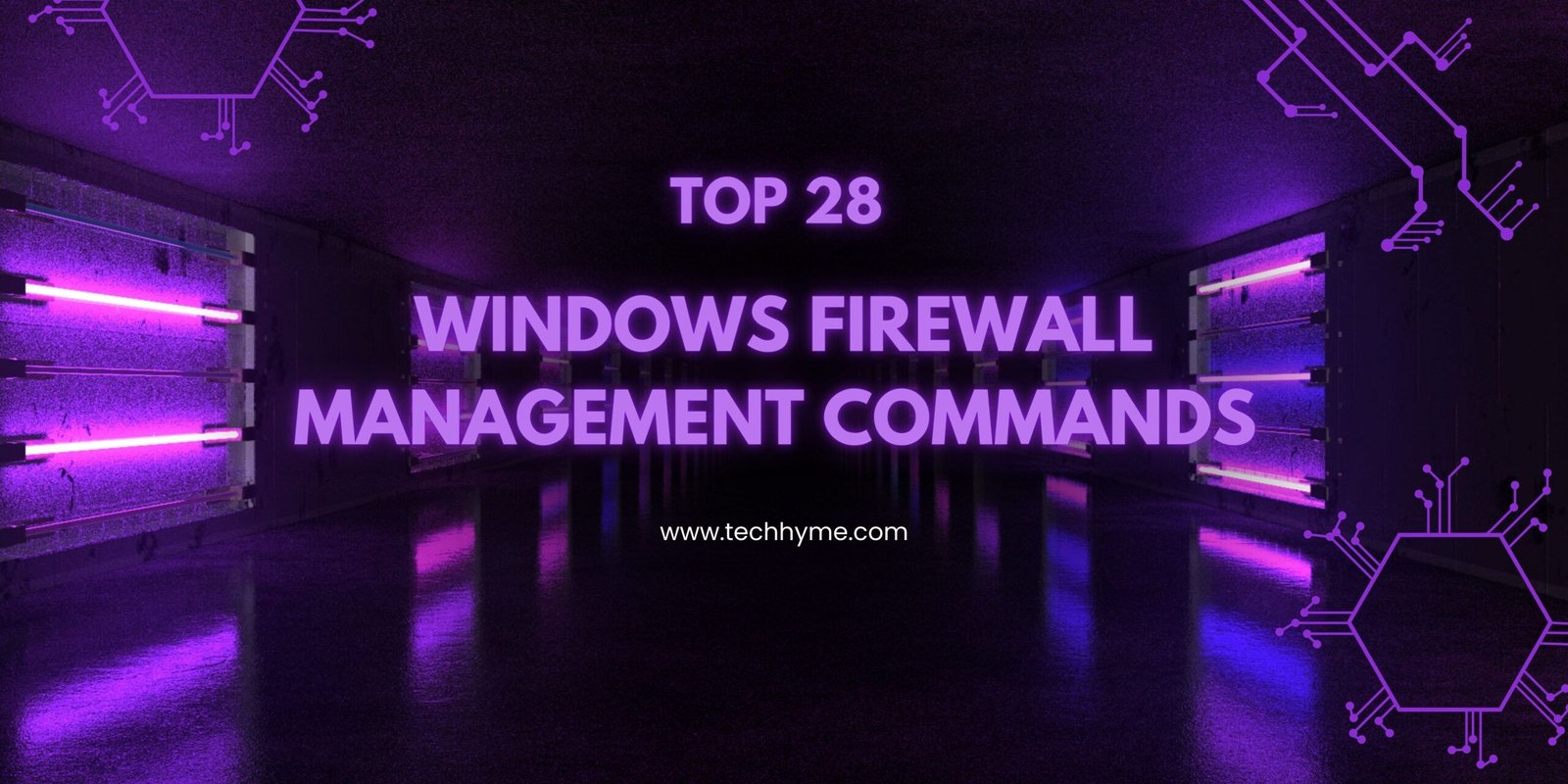
In the ever-evolving landscape of technology, the threat of computer viruses looms large. These malicious programs can infiltrate your system, causing various degrees of damage from annoying pop-ups to severe data loss. As we celebrate the first birthday of your trusty computer, it’s crucial to take proactive steps to protect it from these digital germs.
Here are some essential guidelines to safeguard your computer:
1. Install Antivirus Software
The first line of defense against computer viruses is to install reliable antivirus software. Popular choices include Norton Anti-Virus (Symantec), McAfee, and Kaspersky. These programs scan disks and data for known viruses, eradicating any threats they find. Configure your antivirus software to scan disks automatically upon insertion and your hard drive during startup for added safety.
2. Regular Software Updates
Antivirus software is only as effective as its latest update. With approximately six new viruses discovered daily, it’s crucial to update your antivirus software regularly—ideally every couple of months. Major antivirus publishers provide these updates for free on their websites. Make it a habit to scan your disks for new viruses each time you perform an update.
3. Exercise Caution When Downloading
Be cautious about downloading from unknown sources. Virus creators often disguise their creations to catch unsuspecting users off guard. Avoid downloading attachments or software from unfamiliar or suspicious emails. Stay skeptical of offers that seem too good to be true, as they might be bait for virus infiltration.
4. Scan Every Disk
Every disk, even shrink-wrapped software, has the potential to carry a virus. Scan each disk before use, and remember to close the write-protect window on the disk. This precaution ensures that your computer can read the disk but cannot write to it, preventing the virus from spreading.
5. Back Up Your Data
In the unfortunate event of a virus attack, having a complete backup of your data is crucial for recovery. Regularly copy your files to a tape drive, Jazz or Zip disk, or another high-capacity removable drive. Avoid using floppies for backups due to their limited capacity.
Additionally, scan and disinfect recent backup files to prevent potential reinfection.
6. Don’t Panic: Responding to a Virus
If your computer falls victim to a virus, remain calm. Run a clean copy of your antivirus software to identify and remove the virus. Follow the software’s instructions, as they typically guide you through the process of resolving the issue. In case of difficulties, consult a local computer professional for assistance before considering drastic measures like reformatting your hard drive.
7. Watch Out for Virus Hoaxes
Not all alarming messages about new viruses are genuine. Beware of virus hoaxes that circulate via email, urging you to forward the message to everyone you know. Experts recommend ignoring these messages as they are often baseless. Avoid unnecessary panic and refrain from forwarding such hoaxes.
8. Ask the Experts: Stay Informed
Stay informed about the latest virus threats by visiting virus-tracking websites like Symantec’s Anti-Virus Research Center. These sites provide valuable information on real and imaginary viruses. Before panicking about a potential threat, verify its authenticity on reputable resources.
In conclusion, protecting your computer from viruses requires a combination of preventative measures, regular updates, and informed decision-making. By following these guidelines, you can celebrate your computer’s birthday with confidence, knowing that it’s well-guarded against digital threats.








